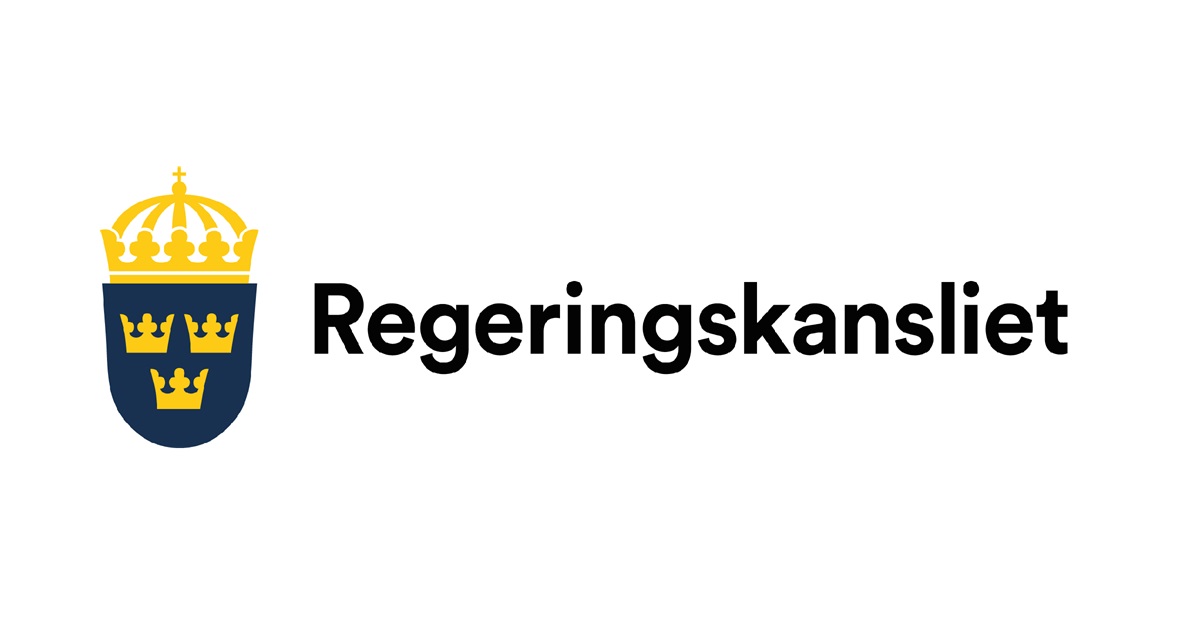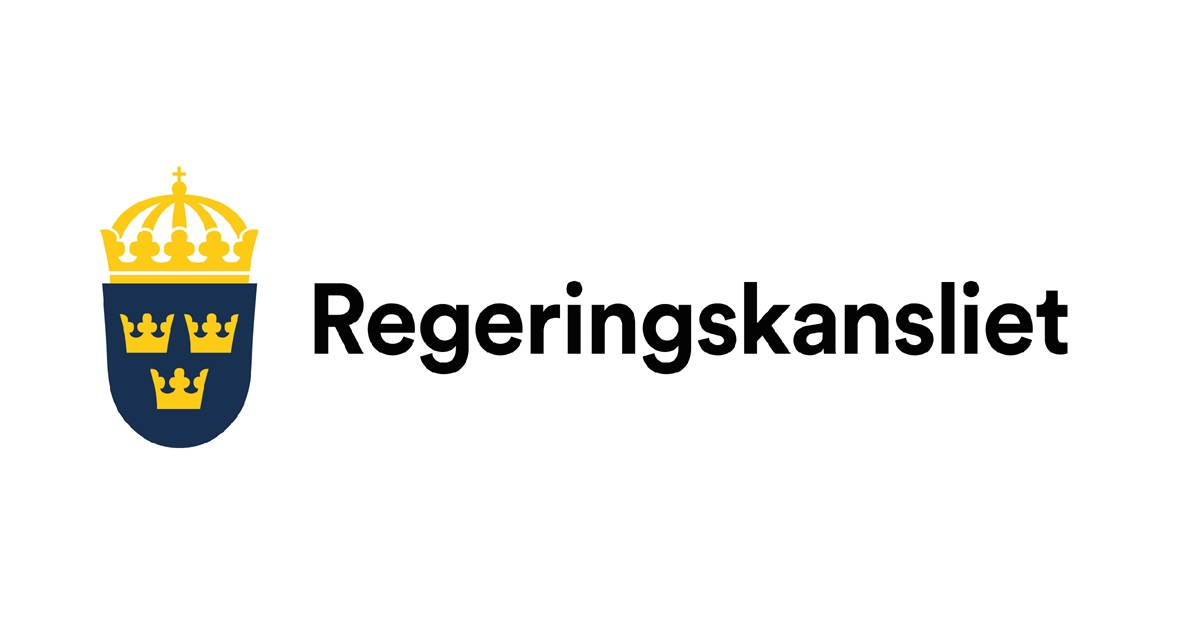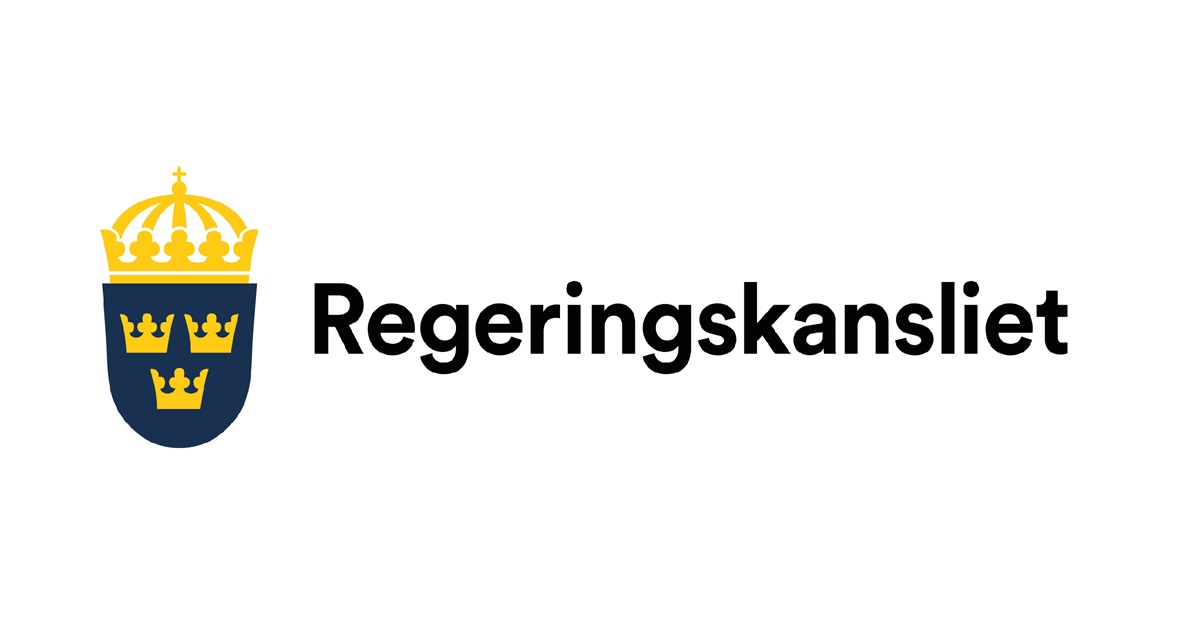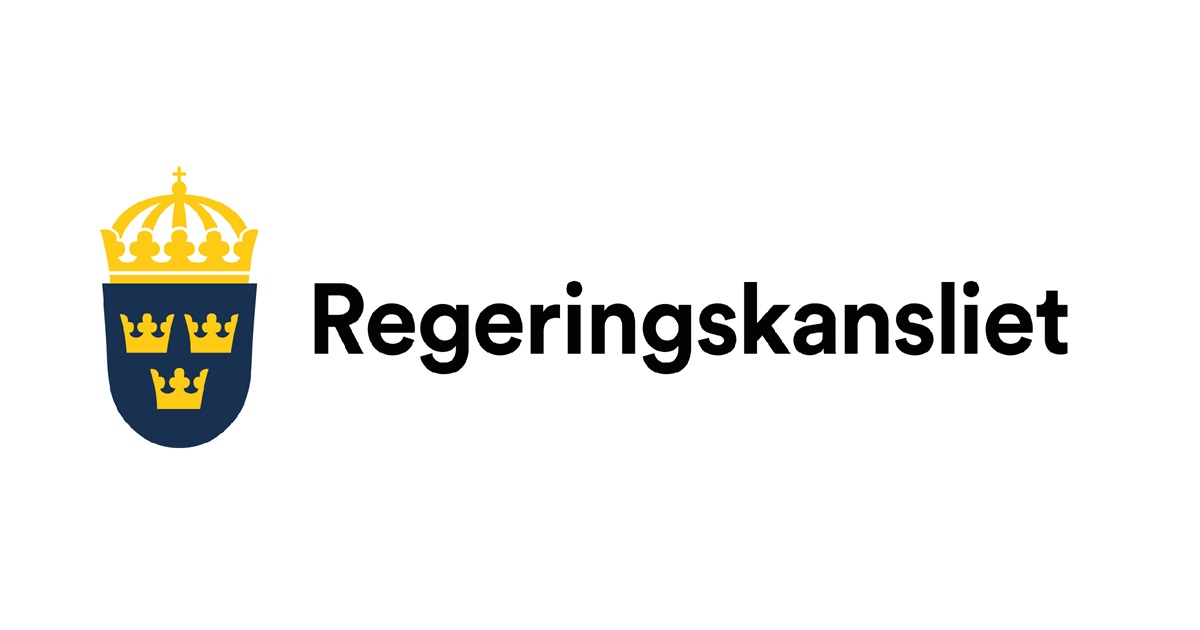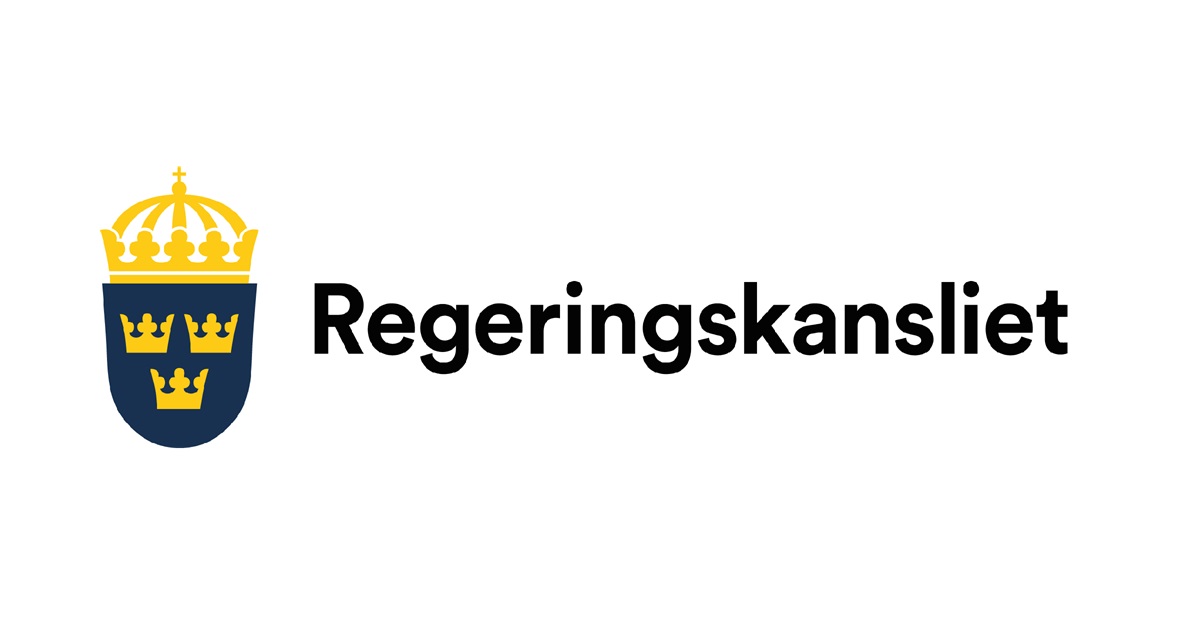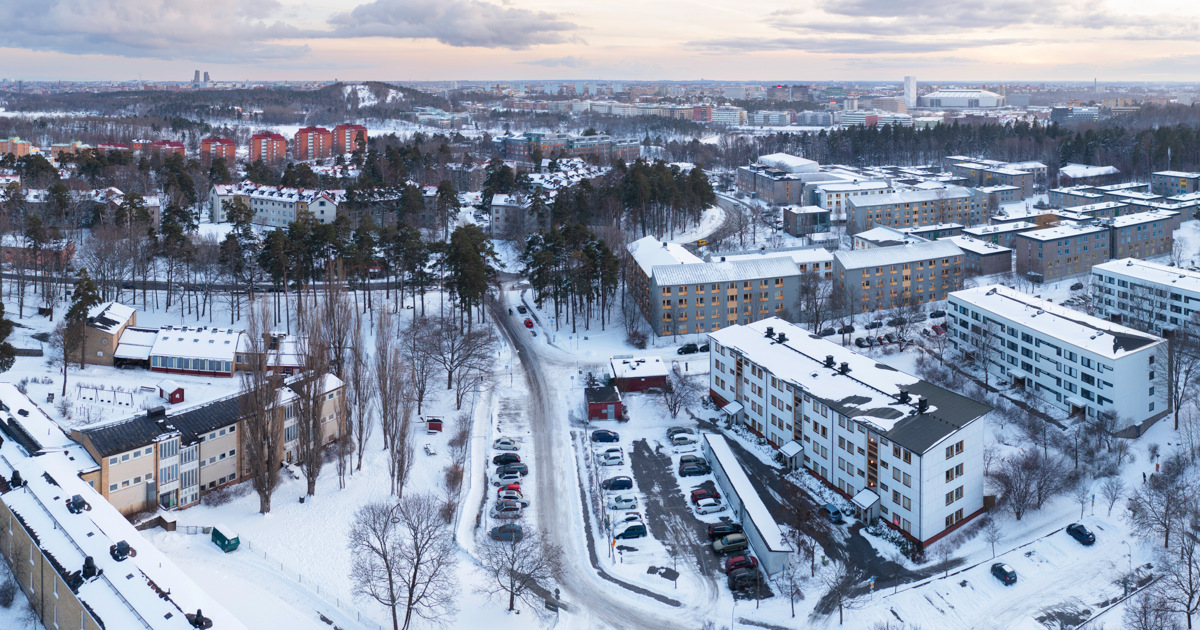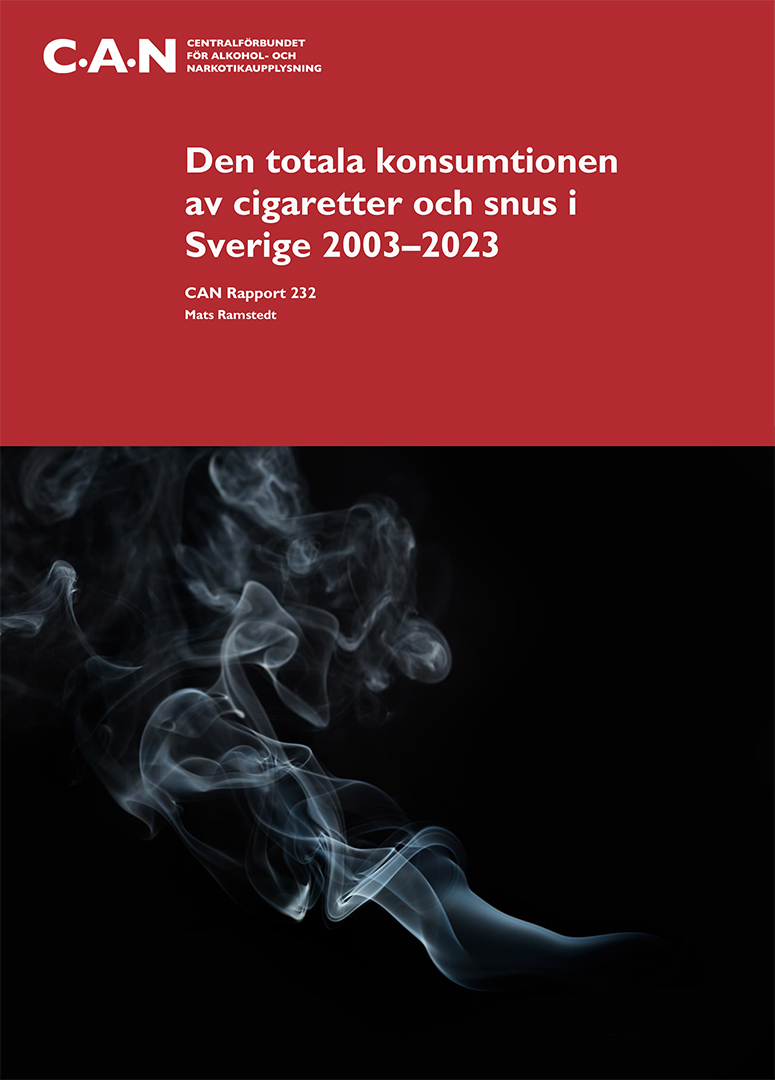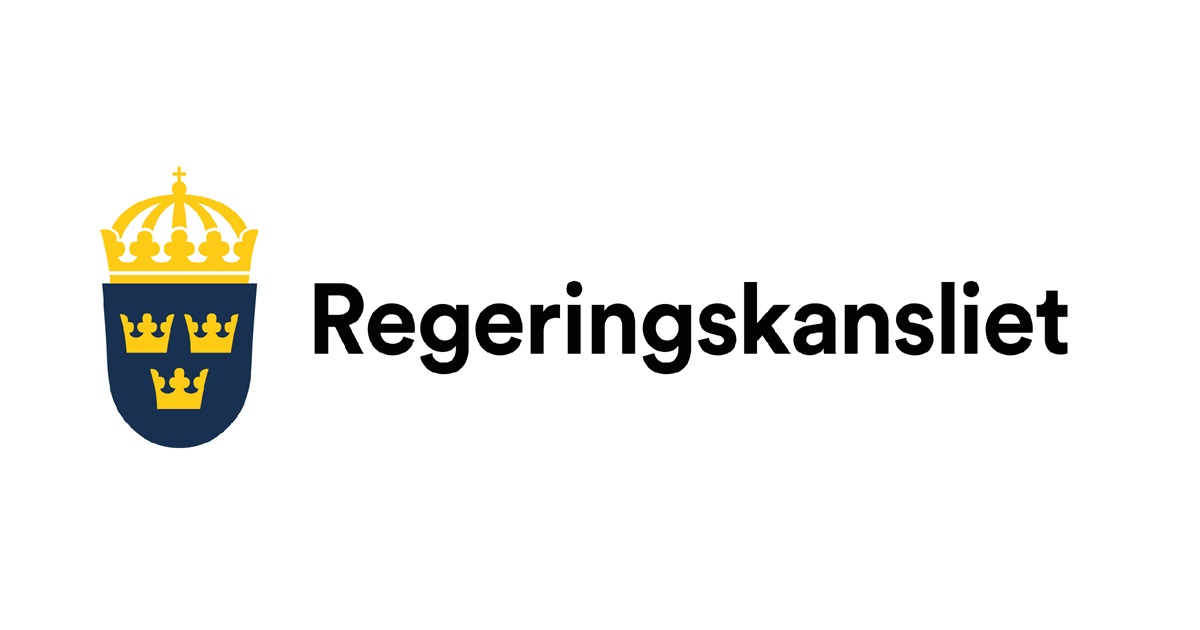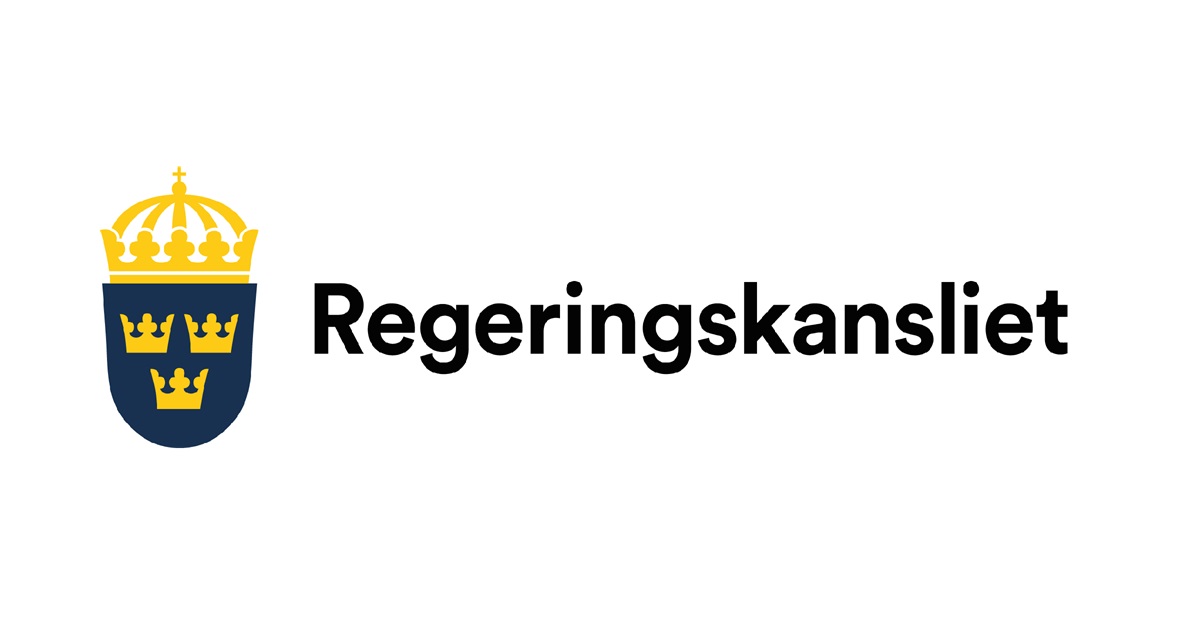Swedish news, week 51 in 2024 (free preview)

Welcome to this week's overview of the Swedish news by some immigrant who lives in Norrland.
Politics
Here are the hottest topics as per two podcasts, one from Swedish public service and one from the biggest morning newspaper (SverigesRadio's Det politiska spelet and Dagens Nyheter's Älskade politik, owned by Bonnier):
- KD (Christian Democrats) was the first party to open up to sitting in the government with SD (Swedish Democrats), and now it looks like L's (Liberals) leader is testing the waters in his party to see if they'd be okay with it too. KD's articulation also technically opens up the door for collaboration with the left, but that would be a bigger surprise.
- Gårdsförsäljning might become reality soon. This word means limited local sales of alcohol by a small manufacturer. Limited as in 0,7 liter of hard liquor och 3 liters of wine, beer or similar; local as in the sale has to happen as a part of a paid visit; and the size of the manufacturer is defined by the amount produced per year and the origin of the ingredients (e.g. the grapes for wine should be grown by the manufacturer).
The government continues to extend the surveillance opportunities. It has presented the proposals to be effective from the 1st of May 2025, such as
- removing the requirement to get a permission for CCTV,
- enabling law enforcement authorities to do camera surveillance in more places,
- improving the possibilities for law enforcement to do camera surveillance in urgent cases,
- a new exemption from the requirement to balance interests when surveillance is introduced, allowing the police and the Security Service to use Automatic Number Plate Recognition (ANPR) technology throughout the country
- new and extended exemptions are introduced from the requirements to inform about camera surveillance done by law enforcement authorities from a civilian vehicle or drone.
The government wants to allow mining of uranium in Sweden which has been forbidden since 2018. This goes together nicely with the government's (heavily criticized) plans for building up more nuclear power, and would ensure more resource independence. The opposition is, well, opposed. MP (Swedish Green Party) warns of the risks of something like uranium leaking into drinking water. V (the Left Party) says there are no safe or “green” ways to mine uranium. S (Social Democrats) are worried about the veto rights being partially removed from the municipalities. C (Center Party) thinks it's possible to use other countries' uranium.
An author and journalist specialized in writing about mining says the risks for leakage are substantial in for example Jämtland, where a number of (foreign) companies have been hoping to do some prospecting. Such leakage has happened before in Finland and was called their biggest environmental catastrophe.
The Geological Survey of Sweden (SGU, a government agency) agrees there are risks, but thinks they're manageable.
Svemin, The Swedish Association for Mines, Mineral and Metal Producers, is way more positive about the proposal. They say it's a waste of resources to treat uranium which comes up during the extraction of other minerals anyway as, well, waste, and that the ban which has been in place since 2018 slowed down the potential extraction of metals that are crucial for the climate transition, for example vanadium, nickel and rare earth metals.
Bloomberg has written in May (behind paywall) about uranium's price going up 233%.
The government is going against the scientific assessment of its own expert authorities on how much forest habitat needs to be restored in Sweden. Instead, it's proposing a way to go around the European law for preserving and restoring nature. Organizations and researchers who care about the environment are understandably not thrilled. The Minister for Rural Affairs' explanation is that this is done to support Sweden's ability to compete.
The government is going to change the rules about a-kassa (the unemployment insurance). The new rules will come in effect October 1st, 2025. They're changing a lot, but the shortest summary would probably be “faster in, faster out”: the unemployed will have access to (a lower) financial support even before they've been with an a-kassa for a year, which is today's requirement, but on the other hand the payouts will decrease earlier and faster than they do today.
- The cap for the basis of payout calculations is increased from 33k SEK to 34k SEK. This doesn't change anything for people earning less than 33k, but if someone has been earning more, then it makes a difference of +800kr/month in the beginning of the payouts
- Currently, the unemployed who have been paying to an a-kassa get 80% of their income (capped at 33k, see above) for the first 200 days of unemployment, 70% until the 300th day, and 65% thereafter. With the new rules, it's still 80% (capped), but only for the first 100 days; then 70% for days 101–200, and 65% for days 201–300. After 300 days, the unemployed can get aktivitetsstöd, which decreases by 5% every 100 days until it reaches the floor of 365kr per day.
There are more details in there. One of the trade unions calculated the effects of the new rules on people with various salaries. It's harder on everybody after day 300; the new rules give 800–1800kr/month more to those who earn more than 34k; they give 2500kr/month less to those who earn 25k, like someone working at a preschool.
While the government intends for the changes to encourage people go back to work faster, the critics strongly suspect that reducing the financial support (that people pay for) after three months is going to hit hard as we are in a recession, and the Swedish job market which has never been very fast is currently especially tough.
The government raises the pensions and lowers the tax on them starting in 2025. The part of the pension called inkomstpension is raised by 4%, and garantipension by 2.6%.
The government has reached an agreement about sustainable social services for 2025–2030 with Sveriges Kommuner och Regioner (employers' organisation of all the municipalities and counties). Quoting from the English summary of the agreement's report:
“This report contains proposals to ensure that Swedish legislation in the field of healthcare is aligned with international cooperation, particularly in the contexts of crises, disasters, and matters of security and defence.”
Reports and data
Let's talk about taxes, who doesn't love that? SCB (Statistics Sweden, a government agency) has reported on the changes in taxes for 2025. The tax is going to increase for residents in 35 municipalities (either through kommun/municipality tax or the län/county tax). A tax decrease is awaiting residents of 13 municipalities.
Some background: there are 290 municipalities in Sweden in total, and the difference between the one with the highest tax and the one with the lowest is 6.32%.
The SCB's report (linked below) lists the ten municipalities with the highest tax and the ten with the lowest. Just in case you don't recall off the top of your head where Storfors is, I made a little map.

The Swedish Council for Information on Alcohol and Other Drugs (CAN) has published a report on cigarettes and snus usage for 2003–2023. You can read a 2-page English summary in the PDF attached below, but here are the highlights:
- Cigarette consumption went down by 58% since 2003 (they count both registered cigarettes and smuggled stuff)
- E-cigarettes sales got 6 times higher from 2021 to 2023
- Snus consumption went up by 120% since 2023
Konjunkturinstitutet (The National Institute of Economic Research, part of the Ministry of Finance) has published the Swedish Economy Report. They even make an English version! It's linked below. In the attached PDF you can see pretty graphs and stuff, but the summary is that the economy is still not going great, and the forecast is that unemployment will continue to be high but the Riksbank will gradually lower the policy rate to 1.5% by June, which will hopefully stimulate both corporate investments and household consumption.
Internetstiftelse (The Swedish Internet Foundation) has presented their report about the Swedish children and the internet. The survey included children aged 8–19, their parents, and their teachers. Some highlights:
- 100% of children aged 8–19 years use internet in one way or another, 96% use it every day
- 65% of the parents see both benefits and drawbacks in children's skärmtid (time spent in front of a screen); 23% see mostly drawbacks, 10% mostly benefits (2% aren't sure)
- The benefits the parents see mostly fall into three groups: internet as a source of knowledge, preparation for the future life in the digitalized society, and social interactions
- The drawbacks can be grouped as: physical problems (eyes, neck, overweight because of being sedentary), mental problems (hard to stop, other parts of life suffering) and bad/dangerous content
- 33% of all parents argue about skärmtid with their children. The percentage is higher for younger children's parents (48%) and lower for the parents of teenagers (18%)
- Compared to the teachers, the parents underestimate how much of the learning materials at school come in printed format (and not digital). 62% of the teachers say there's more printed material than digital, while only 33% of the parents think that
- When it comes to opinions on the digital learning materials and whether they make learning easier or harder, the parents and the teachers seem to disagree again:
- “mostly make learning easier”: 34% of the parents vs 11% of the teachers
- “make it easier and harder in equal measure”: 42% of the parents and 46% of the teachers
- “make it harder”: 12% of the parents vs 30% of the teachers
- (12% of parents and 13% of the teachers aren't sure)
- 48% of the children see mostly positives with screens in schools
- 69% of the children use a screen in bed before falling asleep (39% use an actual book), 43% of them browse social media (all other uses like watching a movie are lower than that)
- 19% of children have a social media account that the parents don't know about
- 69% of those aged 12–19 have used an AI-powered tool (compared to 34% of adults — not just parents, but general population)
If you have questions about this report, you can write to info@internetstiftelsen.se. Some questions were asked in the chat during the live presentation of the report on youtube (linked below, in Swedish, with a transcript), the answers start around 38:30.
Immigration news
The government has tasked Migrationsverket with speeding up the application process for the family members of Swedes who are moving back home from abroad. The work has already started, and in November 2025 Migrationsverket is supposed to report on the improvements.
The government has also given Migrationsverket its letter of regulation for 2025. Migrationsverket should:
- prioritize revoking residence permits,
- increase the number of implemented deportations (people actually leaving after a deportation decision has been made)
- continue to shorten the length of stay in reception (mottagandet) and reduce waiting times for other types of cases,
- continue to promote highly skilled labor migration to Sweden,
- take measures to ensure that case processing is uniform and legal,
- strengthen its work with informing people about the option of voluntary return to the home country,
- increase the efficiency of its operations through digital technology that would, among other things, contribute to more efficient information exchange within the agency and with other authorities.
This is less news and more commentary on the news, but still, if you're interested in a bit of the background for the recent changes to the permits for researchers and students, The Swedish Association of University Teachers and Researchers, SULF, has written a piece:
The government continues to allocate money in order to try and get foreign-born women into work. For example, for the third year in a row, 6.5 million SEK are given to Sveriges Kommuner och Regioner (employers' organisation of all the municipalities and counties) to reach out to foreign-born women through open preschools where language training and society orientation are offered. The government is also giving the counties increased opportunities to grant money for initiatives such as language training, reading promotion initiatives and study and career guidance for foreign-born people who are at home with children. In total, this involves a reinforcement of 31 million in 2025.
Money news
In a move that surprised absolutely noone, the Riksbank has cut the policy rate by further 0.25% making it 2.5%. This brings the total size of the cuts during 2024 to 1.5%. If you have a mortgage and a rörlig ränta (floating interest rate), this should result in lower payments within three months. SBAB's analysts believe there will be further lowering of the policy rate to 2% around spring 2025, and as you might've seen in the “Reports and data” section above, The National Institute of Economic Research made a prognosis of 1.5%.
The increases of the rent are expected to still be high throughout 2025, with an average for the entire country being 4.8% so far (there's a table with landlords of particular municipalities in the Hem & Hyra's article linked below; yrkande = demand, höjning = the actual increase). While Hyresgästföreningen, the organization representing tenants, laments the third-in-a-row record-setting year of rent increases and calls demands from the landlords unreasonable (e.g. some of them demanded 15% increase), Fastighetsägarna say the branch has been undercompensated and the increases will continue. Fastighetsägarna is an organization representing landlords.
I'm gonna use this opportunity to tell this to whoever needs to hear it: if you're renting from a private individual, and Fastighetsägarna with their negotiations were not mentioned in your contract, your landlord does not have a right to unilaterally increase your rent. And they can also never do it retroactively. My ex-landlord didn't know this, but here is the relevant law.
Good news
More books and stuff to the school libraries! The government gives 480 million SEK for this in 2025, which is a 300 million increase compared to 2024. You might have opinions about this use of your tax money or whatnot, and there might be some nuanced background here I don't know about, but here's the thing. I love books. More books ⇒ yay!


